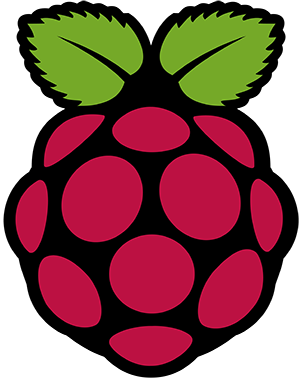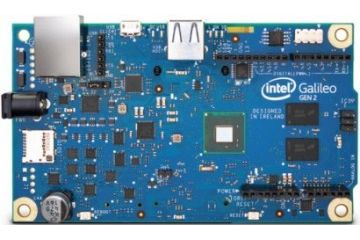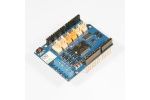Zadnje pregledano
INTEL GALILEO GEN 2 DEVELOPMENT BOARD
- Zaliha DA, 1 kom/da
- Marka: INTEL
- Id broj: 420/28
- Core: Intel Quark SoC X1000
- Interface Type:Ethernet, I2C, SPI, UART, USB
- Operating Supply Voltage: 7 V to 15 V
- Description/Function:Provides a programmable control PCB for the maker community, students, and professional developers
- Dimensions: 123.8 mm x 72 mm
- For Use With: Arduino
- Frequency: 400 MHz
- Processor Series: Intel Quark SoC X1000
Intel's Galileo Gen 2 Board is the first in a family of Arduino-certified development boards based on Intel® architecture and specifically designed for makers, students, educators, and DIY electronics enthusiasts. Based on the Intel Quark™ SoC X1000, a 32-bit Intel Pentium® processor-class system on a chip (SoC), the genuine Intel processor and native I/O capabilities of the Intel Galileo board (Gen 2) provide a full-featured offering for a wide range of applications. Arduino-Certified and designed to be hardware-, software-, and pin-compatible with a wide range of Arduino Uno R3 shields, and additionally allows users to incorporate Linux firmware calls in their Arduino sketch programming.
Galileo is designed to support shields that operate at either 3.3V or 5V. The core operating voltage of Galileo is 3.3V. However, a jumper on the board enables voltage translation to 5V at the I/O pins. This provides support for 5V Uno shields and is the default behavior. By switching the jumper position, the voltage translation can be disabled to provide 3.3V operation at the I/O pins.
Of course, the Galileo board is also software compatible with the Arduino Software Development Environment (IDE), which makes usability and introduction a snap. In addition to Arduino hardware and software compatibility, the Galileo board has several PC industry standard I/O ports and features to expand native usage and capabilities beyond the Arduino shield ecosystem. A full sized mini-PCI Express slot, 100Mb Ethernet port, Micro-SD slot, RS-232 serial port, USB Host port, USB Client port, and 8MByte NOR flash come standard on the board.
Links:


 KONFIGURATOR
KONFIGURATOR

